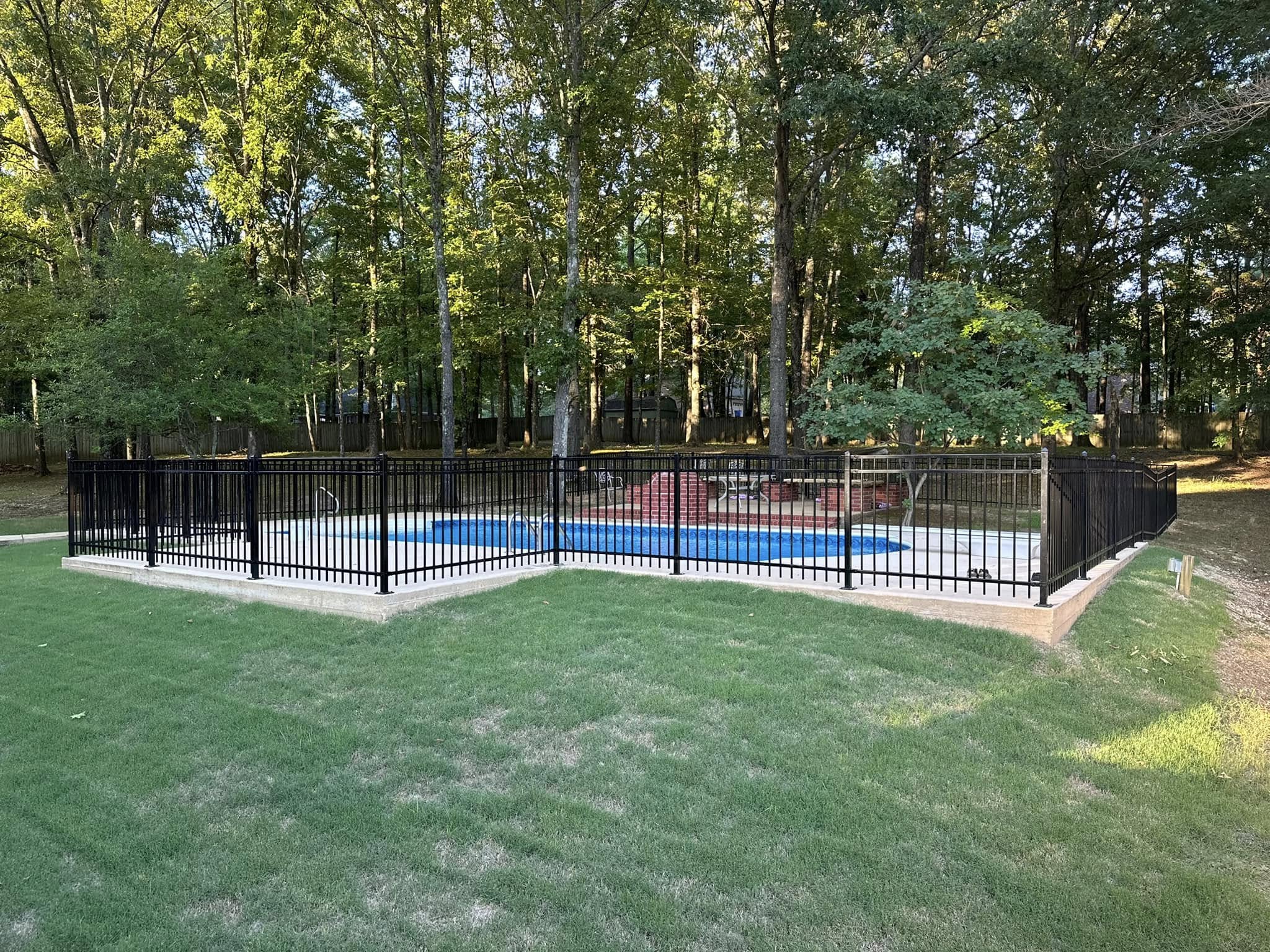
The Ultimate Guide to Choosing the Perfect Fence for Your Home Aug 26, 2025
First, it’s important to determine the primary function of your fence. Are you looking for privacy, security, boundary marking, or enhancing curb appeal? Identifying the purpose will help narrow down the material and style options. For privacy, tall and solid fences such as wood or vinyl are popular choices. If security is a priority, consider a wrought iron or steel fence that offers durability and strength. For decorative purposes, a picket fence might add the charm you want, enhancing the overall aesthetics of your home.
Once you’ve defined the purpose, consider the various materials available. Each material has its own set of benefits and drawbacks, which can affect your choice. Wood fences are a classic favorite, offering a natural look but requiring regular maintenance to prevent weather damage. Vinyl fencing, on the other hand, offers a no-maintenance solution with a wood-like appearance that resists fading and rotting. Metal fences, like aluminum and iron, provide a robust security measure and can be customized with intricate designs, though they may require some level of rust prevention treatments over time.
Budget is a core consideration when selecting a fence. Having a clear understanding of your financial constraints can help filter your choices. Wooden fences tend to be cost-effective but keep in mind the long-term maintenance costs. Vinyl requires an upfront investment but pays off in the maintenance savings. Metal fences might be more expensive initially, but their longevity can make them a worthwhile investment.
Take into account the climate and how it might affect fence longevity. In areas with harsh weather, like heavy rain or snow, opting for weather-resistant materials is wise. For instance, vinyl fences stand up well against moisture, while wood might suffer without proper treatment. Similarly, consider the landscaping and ground conditions. Uneven or rocky terrain may require a flexible material that can contour to the land, such as chain link or composite.
Local regulations and homeowners association (HOA) rules can also impact your fence selection. Check with the local authorities and your HOA to ensure that the design and height of your intended fence comply with any existing rules. This step is crucial to avoid costly mistakes and modifications down the road.
Lastly, think about the installation process. Professional installation ensures that your fence is properly secured and aligns with safety standards. At Frontline Fencing LLC, our experienced team can provide expert installation services that not only guarantee quality but also peace of mind.
In conclusion, selecting the perfect fence for your home involves evaluating several factors, including purpose, material, budget, climate, and regulations. By taking these elements into account, you can make an informed decision, one that enhances your property’s value and meets your individual requirements. For personalized guidance and high-quality fencing solutions, we at Frontline Fencing LLC are here to help you every step of the way.
/filters:no_upscale()/media/0274edda-a37b-4847-b639-735b14d9a3be.jpeg)
/filters:no_upscale()/filters:format(webp)/media/61a294bb-6171-4a4b-b2e7-f875902a1d9c.jpeg)